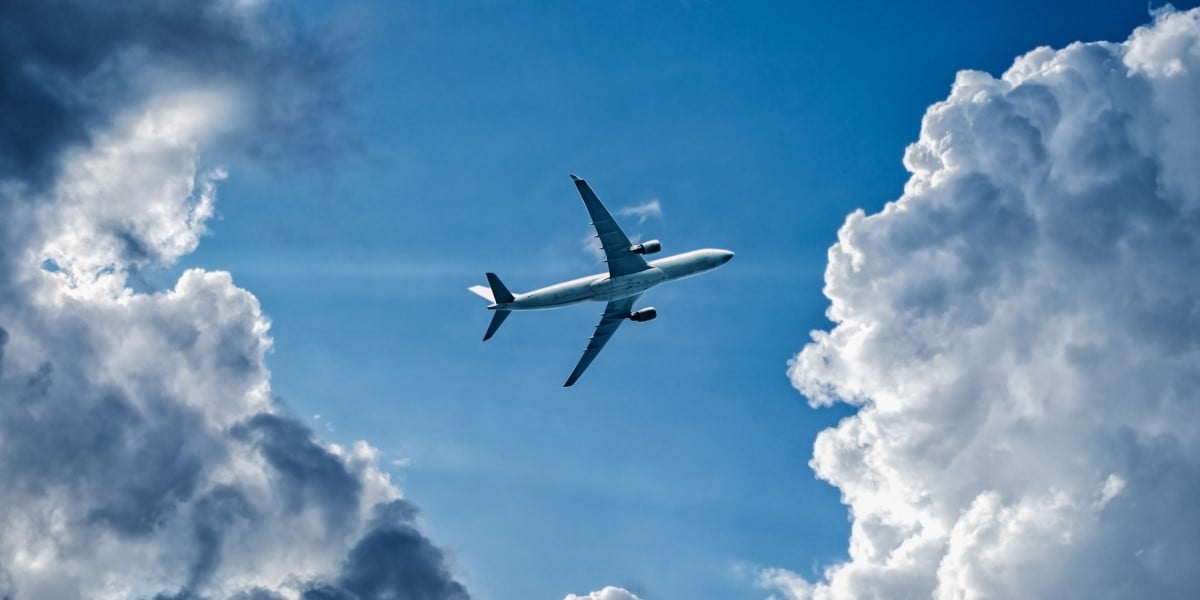Europe’s aviation safety body is working with the airline industry to counter a danger posed by interference with GPS signals - now seen as a growing threat to the safety of air travel.
Interference with global navigation systems can take one of two forms: jamming requires nothing more than transmitting a radio signal strong enough to drown out those from GPS satellites, while spoofing is more insidious and involves transmitting fake signals that fool the receiver into calculating its position incorrectly.
According to EASA, jamming and spoofing incidents have increasingly threatened the integrity of location services across Eastern Europe and the Middle East in recent years.



Galileo has something like that, I don’t know if it’s deployed yet
Btw, software updates are a thing for satellites, but I’m not sure it would be needed for this, it can probably be done on the message sent from ground to the gnss constellation
Wait, I thought GPS was just like a radio. Sattelites emitting their position to everyone interested and that’s it.
Yes, and those messages can be signed to allow receivers to verify they are a credible source of position information.
Not sure what the above commenter meant with the last sentence though. My understanding is that GPS satellites don’t just relay signals, but instead have computers on board to calculate the appropriate signal all the time. So I assume a software update is required.
For Galileo they have something where basically each message contain something to authenticate the previous one. So this could be fully based on ground segment. Anyway, they have probably countless reasons to update software anyway considering the many services that were added after their launches years ago.
What GNSS satellites do is (approximately) timestamp a message they receive from ground. They don’t really know their position by themselves, they are clocks in orbit.